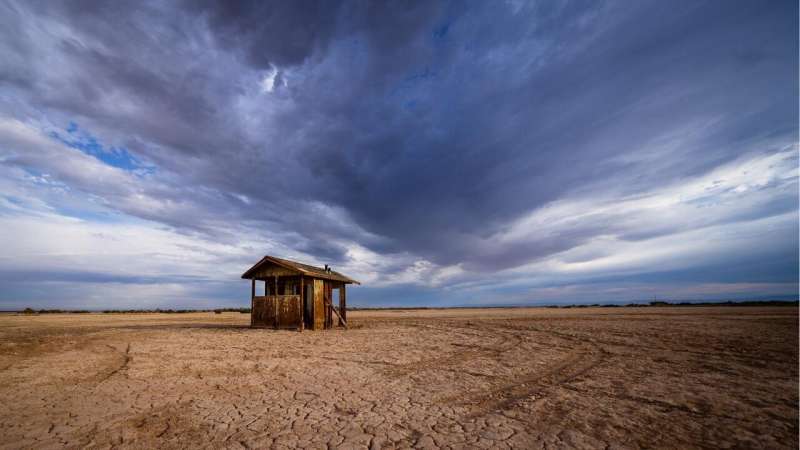Trashed farmland could be a conservation treasure

Low-productivity agricultural land could be transformed into millions of hectares of conservation reserve across the world, according to University of Queensland-led research.
The research team proposed a new way of understanding the conservation value of "uncontested lands"—areas where agricultural productivity is low.
Dr. Zunyi Xie, from UQ's School of Earth and Environmental Sciences, said uncontested lands could be low-hanging fruit for expanding the world's conservation areas.
"These spaces could offer great opportunities, and it's time we recognise what that could mean and where it might be," Dr. Xie said.
"Global agricultural area has actually declined over the past two decades due to socio-political trends, market changes and environmental degradation.
"Restoring degraded lands that are no longer contested for agricultural use, due to low productivity or inappropriate farming practices, may present a major conservation opportunity if balanced with local community and indigenous groups' needs."
UQ's Associate Professor Eve McDonald-Madden said this approach could be cheaper and quicker than others.
"Quite rightly, most conservation endeavours focus on protecting the best places for biodiversity," she said.
"Yet these areas are often in high demand for other uses, such as agricultural production or resource extraction.
"The contested nature of these places makes land acquisition for protecting species expensive and a lengthy process.
"While those battles for high-value biodiversity areas continue, as they should, let's take advantage of the vast areas of underutilised agricultural land across the globe.
"Those areas that don't play a key role in food security or economic well-being and once revived can bring conservation gains."
The team has been working on mapping and quantifying opportunities for protecting these lands, believing they could help nations reach their United Nations Sustainable Development Goals (SDGs) commitments.
"This research will support effective prioritisation of conservation restoration to support biodiversity and in an attempt to tackle climate change," Dr. Xie said.
"It also provides a critical evidence base, helping broaden the options available to those making decisions about what land to preserve by highlighting areas that may otherwise be overlooked.
More information: Zunyi Xie et al, Conservation opportunities on uncontested lands, Nature Sustainability (2019). DOI: 10.1038/s41893-019-0433-9
Journal information: Nature Sustainability
Provided by University of Queensland

















